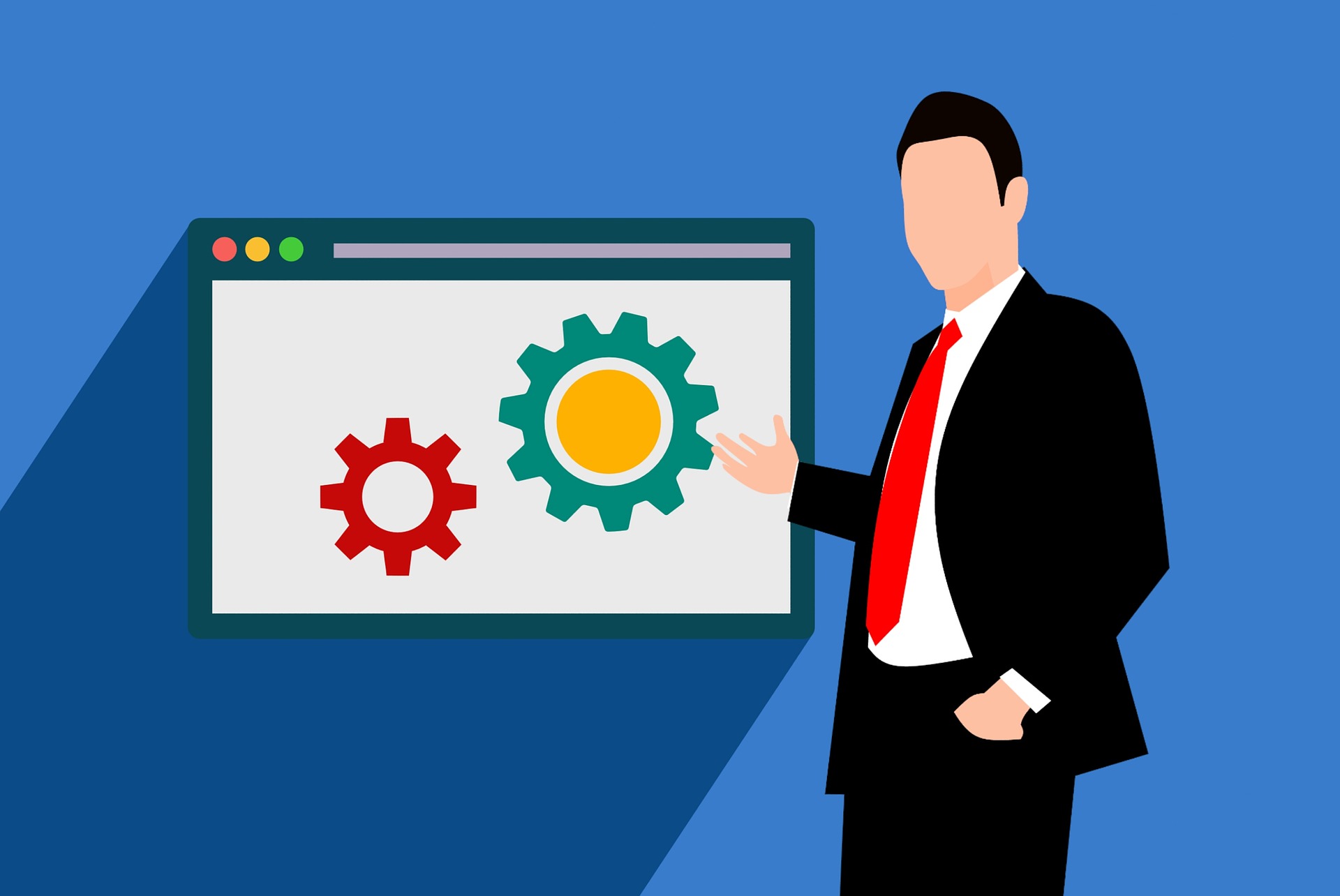4 Ways an ERP system improves CFO efficiency

The role of the Chief Financial Office (CFO) has developed, and is subject to more pressures. Whilst the primary role of the CFO remains unchanged, the timeframe and strategic context of their work is evolving rapidly, meaning CFOs must become more efficient than ever before.
For the CFO to be successful in their position, they must make the most of collaborative tools that provide them with a top-down view of business-wide data, including operational and financial information. In other words, CFOs need an effective ERP system.
As well as their core responsibility in financial management, today’s CFOs hold the important role of guiding their organisation in minimising risks, cost rationalisation, and finding strategic growth opportunities.
With so many crucial financial tasks to undertake, CFO efficiency has never been more important. But, finding the right ERP system to support the completion of these tasks is no easy feat.
Here, we explore 4 ways an ERP system improves CFO efficiency, and helps them make strategic, data-informed decisions.
1. Data-driven financial planning
One of the most important roles of a Chief Financial Officer is to prepare for the company’s long-term financial future.
To ensure efficiency during the vital financial planning stage, CFOs need a consolidated view of accounting data, covering all areas from cash management and loans, through to restructuring any company debts.
With ERP, CFOs can access data from all operational areas, enabling better financial forecasting and allowing them to make data-driven decisions.
ERP can also include relevant data from external sources, such as interest rates and other global economic indicators or trends - enabling the CFO to make strategic financial decisions based on real-time data.
2. Real time compliance and taxation
Ensuring the organisation meets compliance requirements is one of the core responsibilities of a CFO.
With the right ERP system in place, CFOs will have access to a high-level toolset to manage compliance and tax-related reporting.
CFOs can use the ERP reporting interface to effortlessly generate detailed reports, investigate and remediate compliance issues across the business processes, and take rapid corrective action if required - all in real-time.
Looking to improve efficiency in your organisation?
3. Enhanced performance tracking
CFOs are expected to demonstrate how the company is performing against pre-defined financial targets and operational KPIs.
An ERP system provides the CFO with complete visibility into the company’s performance, alongside a real-time dashboard for all relevant KPIs.
When concerns emerge, an ERP system allows the CFO to perform a deeper analysis into relevant data, enabling the prompt identification of the issue.
ERP also enables CFOs to use historical data and predictive analysis tools to spot organisational trends, and support efficient decision making capabilities.
4. Make your business scalable
A cloud-based ERP system, such as NetSuite, enables the CFO to lessen costs required for maintenance of IT infrastructure - meaning there’s no need to install hardware, software or an IT team in a new location, because your ERP system and data are accessible anywhere, anytime via the cloud.
With IT growth frustrations minimised by a cloud-based ERP, the CFO can focus on the growth of the company without any additional investment required. Your ERP system will grow as your business does.
Additionally, a cloud-based ERP system can be seamlessly integrated with online accounting and financial management tools, meaning the CFO can gain a complete view of the organisation’s health, and supports their aspirations of improved efficiency and visibility.
Improve efficiency with ERP solutions
It’s clear to see that the CFO is one of the most valuable members when it comes to growing and running a successful business. But without the right ERP system to support them, their financial management capabilities can seem slow-moving and inefficient.
With a cloud-based ERP, the CFO has access to a vast support system that provides them with a real-time view of data to make integral business decisions, and enables them to address cost and compliance issues, if any.
Nolan Business Solutions provide tailored NetSuite and ERP solutions for businesses looking to grow. If you are looking to improve efficiency in your organisation, contact our team of accredited experts today.